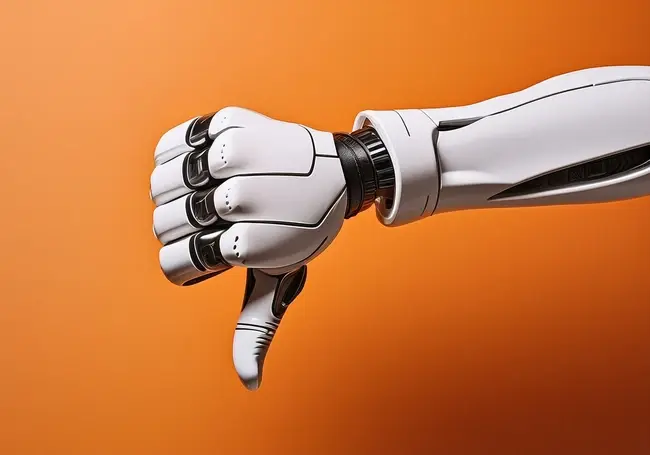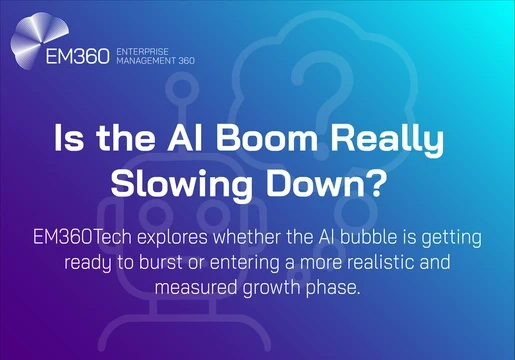When Google's CEO admits to losing sleep over the negative possibilities of artificial intelligence, it's time to finally be concerned.

Sundar Pichai, CEO of Google, warned 'CBS's 60 Minutes' last month that AI might be "very harmful" if used incorrectly and was rapidly evolving. "Does that keep me awake at night?" "Indeed," he answered.
But Pichai is aware, as Google has recently created Bard, a chatbot to compete with the ChatGPT phenomena, and its parent company, Alphabet, owns DeepMind, a UK-based AI startup.
He is hardly the only AI expert who has expressed concerns, as Elon Musk revealed last week that he had a falling out with Google co-founder Larry Page because Page was "not taking AI safety seriously enough." Musk stated to Fox News that Page desired "digital."
What is Artificial Intelligence?
AI may be traced back to the mid-twentieth century, when computer scientists began to design algorithms and models that could simulate human intellect.
AI technology has advanced tremendously over the years, with important milestones being the invention of expert systems in the 1980s and neural networks in the 1990s. Machine learning emerged in the early 2000s, allowing computers to learn and improve from data without being explicitly programmed.
Why has AI become so popular recently?
The field of artificial intelligence (AI) is currently experiencing rapid advancement and widespread adoption in various industries. This is made possible by sophisticated machine learning and deep learning algorithms that enable AI systems to perform complex tasks like natural language processing, image recognition, and decision-making.
Despite the many advantages of AI, significant challenges and ethical concerns have also emerged. For instance, there is a growing concern about bias in AI systems, as well as the possibility of job displacement as machines become more capable of performing tasks that are traditionally done by humans.
To address these concerns, there are ongoing efforts to create transparent and ethical AI systems. The current state of AI presents immense possibilities but requires careful consideration of its social and ethical implications.







Comments ( 0 )